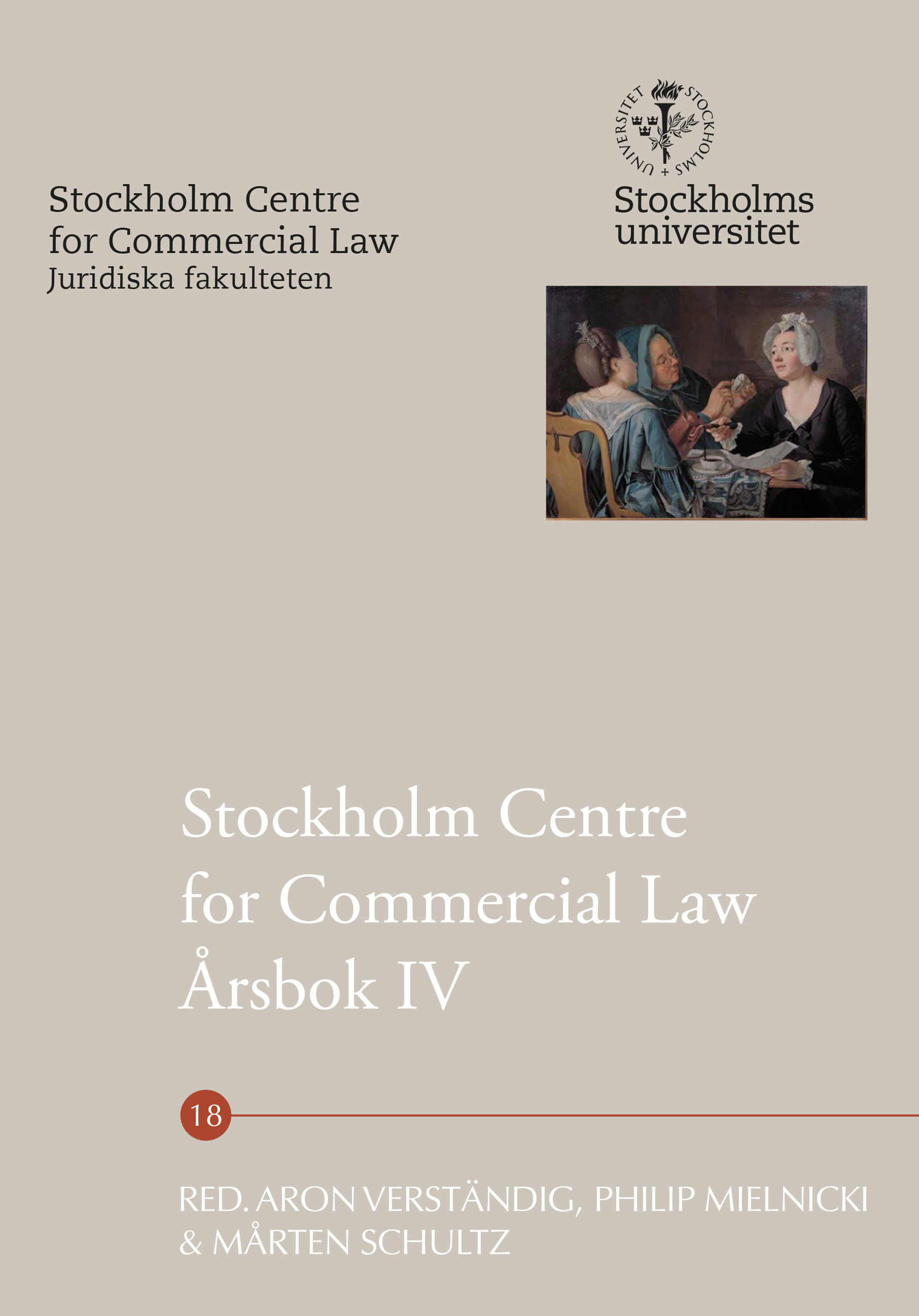Financial Crisis Management and Corporate Governance
Abstract
One of the main problems related to the management of financial crises is the risk of creating moral hazard. Bailing out the owners and creditors of systemically important banks creates perverted incentives that increase the risk level in the financial system. To preserve financial stability and at the same time uphold (or create) market discipline is therefore of paramount importance.
Legal mechanisms aimed at reducing moral hazard in systemically important institutions are essential for every jurisdiction. Introducing a Special Resolution Regime (SRR) with the explicit objective of serving as a governance tool is one way of achieving that. An SRR designed with that objective in mind must make it credible that shareholders and debt holders will suffer losses if an institution fails and thereby induce market discipline. Other aspects of crisis management also have governance implications.
Today everyone seems to agree that an SRR should be an important part of the legislative package used to control the behavior of banks, or, more accurately, the decisions by people involved in banks, such as their owners, their management and other employees and their creditors. However, from a policy perspective it is important to have a clear picture of the precise role that an SSR is to play. A policymaker has to identify what the objectives are and how the SRR would fit in with the rest of the legislative package. Whenforming the overall picture it is paramount to have a realistic view on what actually can be achieved with an SRR.


